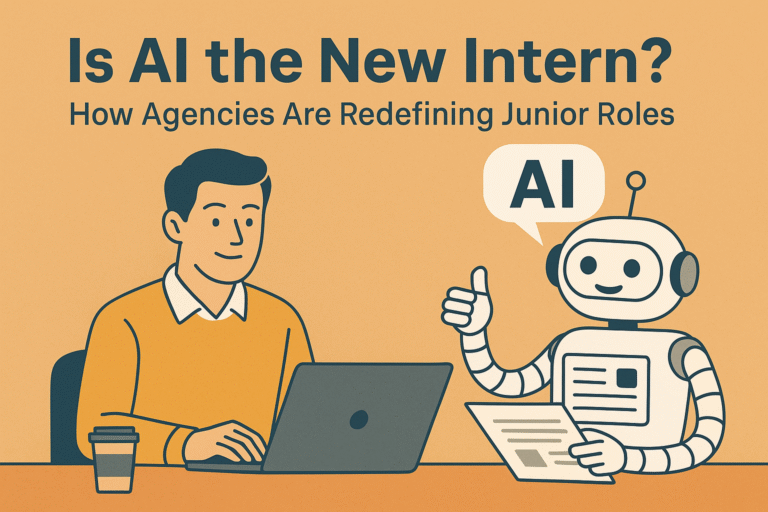
As AI becomes a vital part of content generation, brands and marketers are increasingly facing a new kind of challenge—creating content that’s not just smart, fast, and scalable, but also culturally sensitive. In today’s globalized world, content that ignores cultural nuance doesn’t just fall flat—it risks serious backlash.
In this blog, we’ll explore how cultural sensitivity in AI is shaping the future of marketing, the tools that can help brands navigate it, and how some of the biggest names in the industry are tackling the challenge.
Why Cultural Sensitivity in AI Matters Now More Than Ever
AI is powering everything from personalized product recommendations to auto-generated social media captions. However, AI models, by default, don’t understand culture. They understand data. And that data often contains biases—racial, gender-based, geopolitical, and even language-based.
Consider the 2020 incident with Facebook’s ad algorithm that was accused of discriminatory ad targeting. Or when Apple’s credit card was criticized for offering different credit limits to men and women. While not strictly content-related, both cases illustrate how AI systems can reflect—and amplify—societal biases.
Also Read : GenAI Meets Neuro-Marketing: Predict Reactions Before You Launch
Now, as AI starts to write our emails, blogs, and even brand campaigns, these biases can subtly (or overtly) make their way into content, risking brand reputation and alienating audiences.
Suggested tools:
- Perspective API by Google: Helps detect toxic language in AI-generated text.
- Copy.ai and Jasper: Allow tone and voice tuning; customize for audience persona.
- Unbabel: For culturally aware multilingual content using AI + human review.
Case Study: Brands That Got It Right (and Wrong)
Got it Right:
- Nike: Known for culturally inclusive marketing, Nike uses data and AI-driven insights to personalize content without stereotyping. Its “You Can’t Stop Us” campaign blended real user stories and AI-powered editing in a way that celebrated diversity.
- Coca-Cola: Used AI to localize its “Share a Coke” campaign across 80 countries, ensuring names and designs were culturally relevant.
- Spotify: Their Wrapped feature leverages AI to create hyper-personalized summaries. But what’s more impressive is their awareness in localizing the design and messaging across geographies.
Got it Wrong:
- H&M: Faced backlash for featuring a Black child in a hoodie with the phrase “Coolest Monkey in the Jungle.” This wasn’t AI-generated, but it’s a cautionary tale: AI trained on biased data could easily make similar errors.
- Tarte Cosmetics: Criticized for lack of diversity in influencer trips. AI content strategies should be paired with real-world inclusivity to avoid inauthentic campaigns.
Continue reading…Up next, we’ll look at how AI tools can be fine-tuned for inclusivity and what role human oversight still plays.


